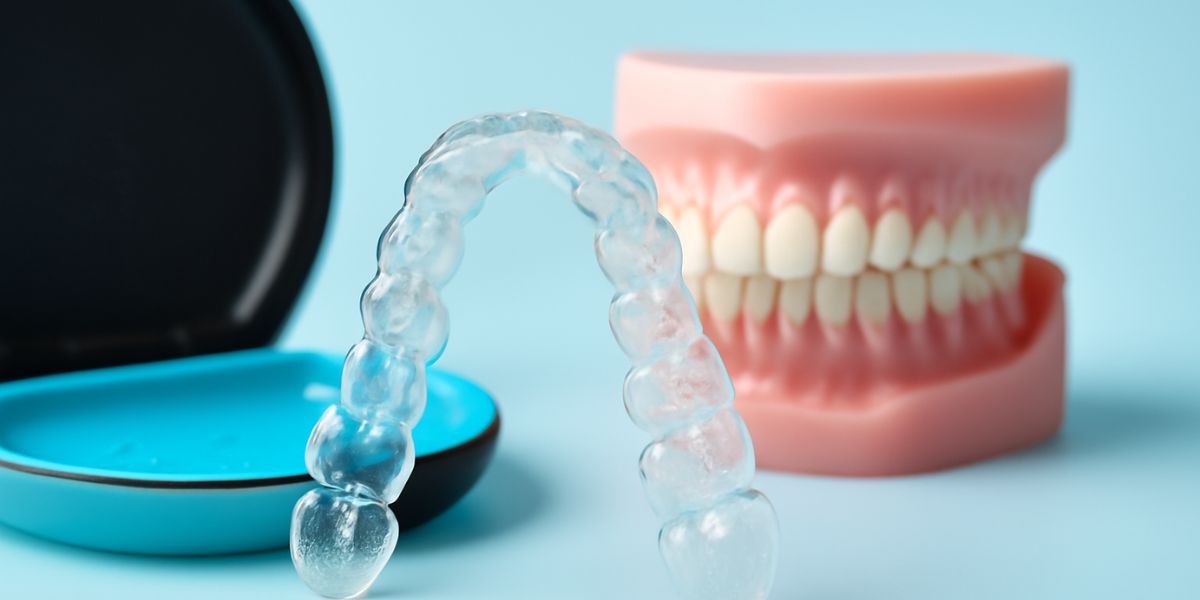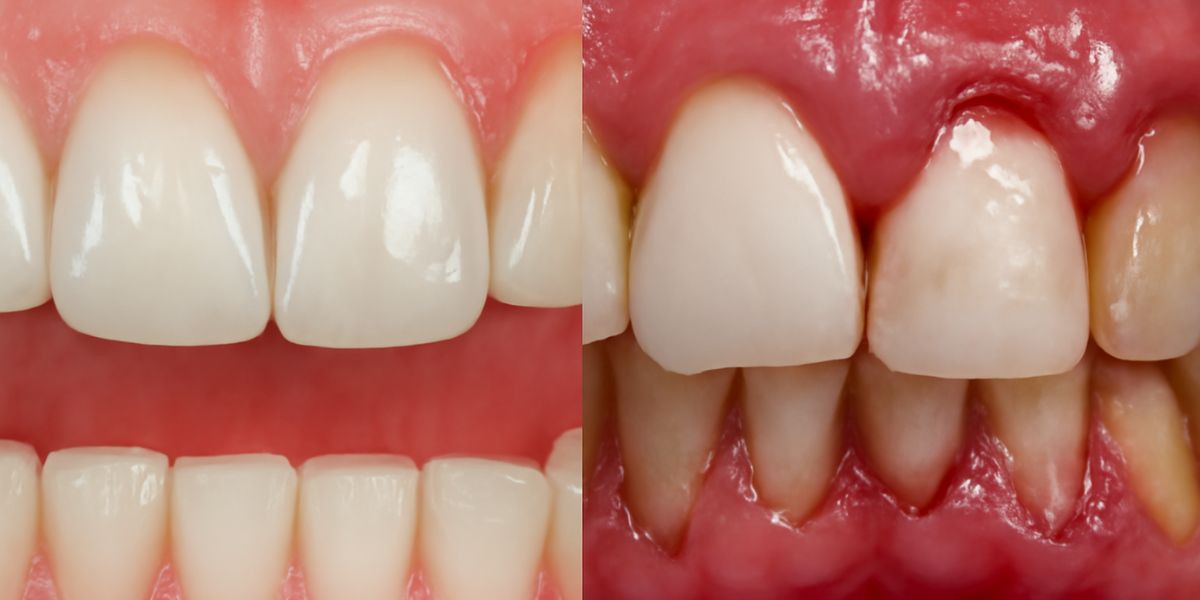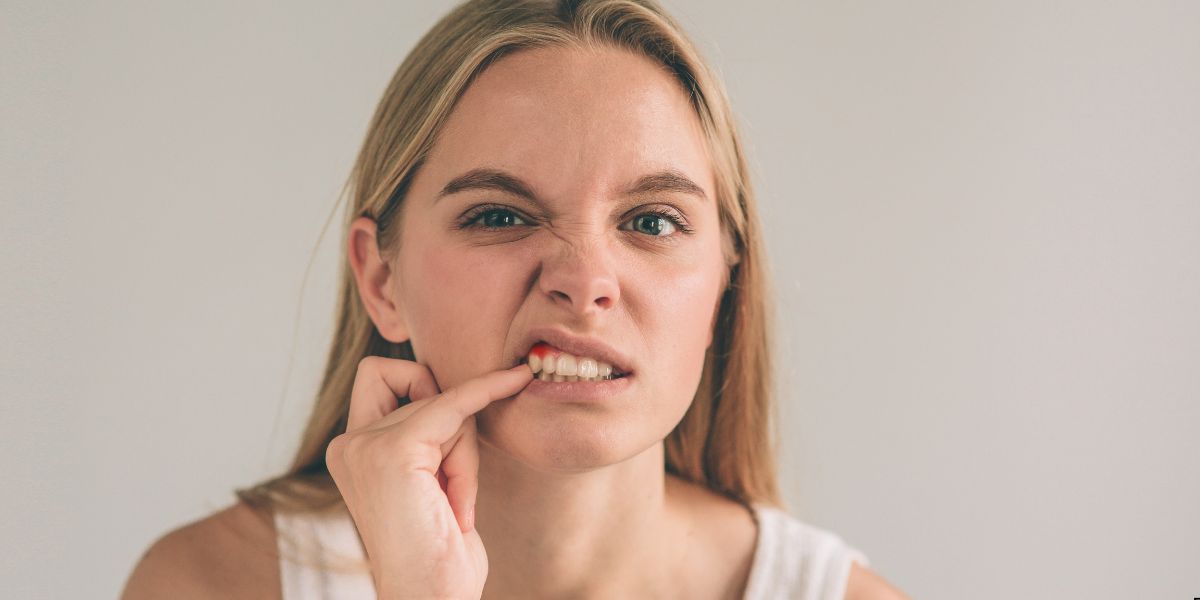A nadie se le escapa la importancia de mantener una correcta higiene bucodental.
Pero, ¿cuántas veces al día hay que lavarse los dientes?
Cepillarse los dientes tres veces al día es un imperativo que nos enseñan desde pequeños tanto en casa como en el colegio.
En ocasiones, debido a los ritmos de vida, hay quien no cumple con esta premisa.
Las razones por las que hay que cepillarse los dientes no escapan a nadie.
Cada vez que masticamos se quedan restos de los alimentos entre los dientes, por lo que es importante eliminarlos.
Si no los retiramos, estos restos se descomponen y acaban promoviendo la aparición de bacterias, que a la larga pueden provocarnos enfermedades y lesiones como las caries.
¿Cuándo cepillarse los dientes?
La limpieza de los dientes con un cepillo y una pasta adecuados a nuestro perfil nos permite acabar con las bacterias y desinfectar la boca, a la vez que evitaremos la aparición del mal aliento.
Si además nos enjuagamos con un colutorio, multiplicaremos el efecto del cepillado, consiguiendo un efecto de limpieza superior.
Son tres los momentos del día en que debemos lavarnos los dientes:
- Por la mañana. Lo habitual es enfrentarse al espejo después del desayuno, aunque hay quienes recomiendan lavarse los dientes nada más levantarse de la cama para acabar con las bacterias que se han generado durante la noche. En este segundo caso, convendría un enjuagado bucal tras la ingesta.
- Después de comer. Aún quedan muchas horas hasta que nos vayamos a la cama, así que resulta imprescindible un cepillado en profundidad después del almuerzo de mediodía. Si comes en el trabajo, convendría que tuvieses en tu puesto un neceser con lo imprescindible.
- Antes de dormir. Después de cenar y antes de acostarse es otro momento en el que tenemos que dar uso al cepillo. Pasarán, al menos, ocho horas hasta la siguiente limpieza bucal.
Hay que cepillarse los dientes al menos dos veces al día, esperando una media hora tras comer, y tras la comida del mediodía es fundamental.
¿Cómo es el cepillado perfecto?
Los expertos coinciden en que la manera perfecta de ejecutar un cepillado de dientes es haciendo movimientos verticales, con energía, pero también con cuidado para no dañar las encías.
Tampoco debemos olvidar la cara oculta de los dientes y la superficie con la que masticamos. También es importante lavarse la lengua. Evitaremos la aparición de las bacterias que pueden provocar el mal aliento o halitosis.
Además, conviene esperar 30 minutos después de comer o beber aquellos alimentos o líquidos especialmente ácidos o azucarados. Después de media hora, el esmalte habrá recuperado su pH natural y ya podremos cepillarnos los dientes sin correr el riesgo de provocarles grietas microscópicas.
Beneficios del cepillado de dientes
El cepillado dental regular no solo ayuda a mantener los dientes limpios, sino que es una de las principales acciones preventivas para conservar la salud bucodental a largo plazo.
Estos son los principales beneficios de lavarse los dientes al menos tres veces al día:
- Previene las caries: elimina restos de alimentos y placa bacteriana, evitando la formación de ácidos que dañan el esmalte.
- Evita enfermedades de las encías: previene la gingivitis y periodontitis, que pueden provocar sangrado, inflamación y pérdida dental.
- Combate el mal aliento: reduce las bacterias que causan halitosis y mejora la frescura bucal.
- Mantiene los dientes más blancos: ayuda a eliminar manchas superficiales causadas por café, vino, tabaco u otros alimentos.
- Contribuye a la salud general: se asocia con menor riesgo de enfermedades cardíacas, diabetes mal controlada y otras afecciones sistémicas.
- Reduce tratamientos costosos: una buena higiene diaria evita problemas que requieren empastes, limpiezas profundas o incluso implantes.
No es bueno lavarse los dientes demasiadas veces
Del mismo modo que no conviene saltarse cualquiera de los 3 cepillados diarios, tampoco es aconsejable lavarnos los dientes en más ocasiones. Con ello, podríamos alterar la microflora bucal, irritar las encías y secar la membrana mucosa oral.
Si comes 4 veces al día, cepillarte después de cada comida es seguro, sobre todo si consumes alimentos con azúcares o carbohidratos.
Un último consejo en el que coinciden los dentistas es que debemos recordar la importancia de cambiar de cepillo cada 3 meses. Aunque hay expertos que recomiendan comprar uno nuevo incluso cada 2 meses.
Si tienes cualquier otra duda sobre higiene oral, ¡no dudes en preguntarnos!






